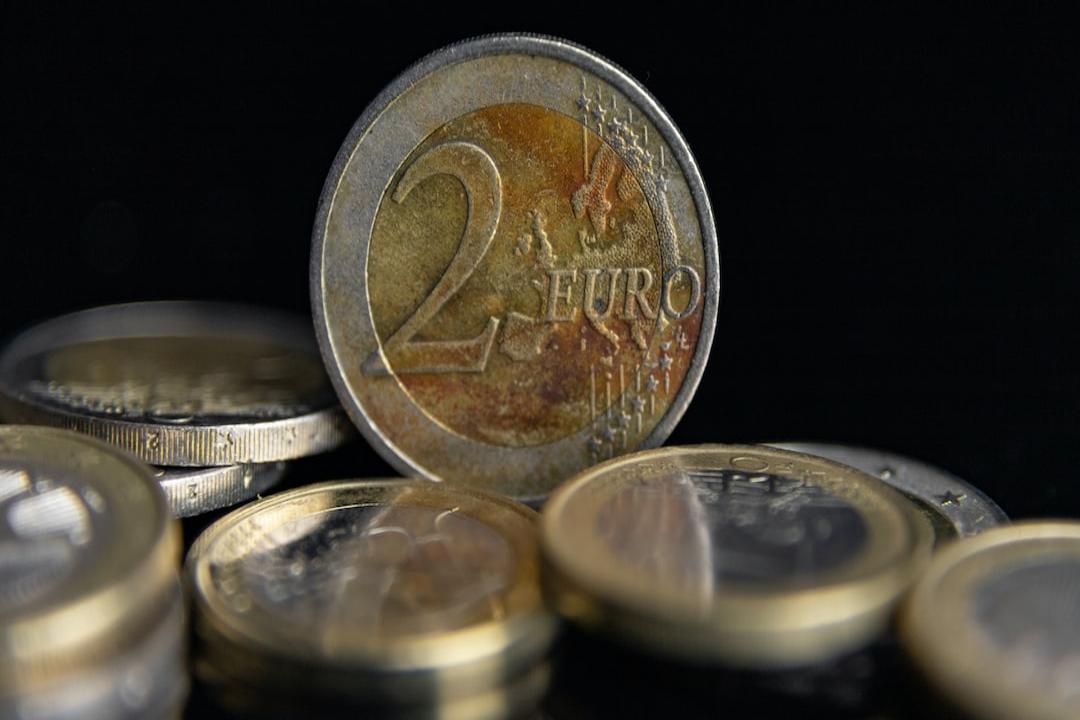The US Department of Justice should cease holding decentralized finance (DeFi) protocols accountable for actions they did not initiate and cannot control, according to a blog post by venture capital firm a16z on February 4th.
The post states, “Holding people responsible for systems and activities over which they exercise no agency or control leads to perverse outcomes.”
“Unfortunately, the Department of Justice (DOJ) has ignored this distinction and is attempting to do just that by holding software developers responsible for the actions of third parties that use neutral tools the developers originally created but no longer control.”
The VC firm believes that the new US presidential administration’s main focus for crypto should be “codifying the proper and legally correct understanding of ‘control’ in law.”
This is especially important in determining whether crypto companies should be classified as “money transmitting businesses,” which would subject them to specific regulations and obligations, according to a16z.
According to its website, a16z has invested in over 100 crypto companies, including decentralized exchanges (DEXs) like Uniswap.

Changing federal crypto stance
Under former US President Joe Biden, federal agencies took an assertive regulatory approach towards crypto. For example, the Securities and Exchange Commission, the primary US financial regulator, initiated more than 100 regulatory actions against industry companies.
US President Donald Trump, who began his term on January 20th, promised to make America “the crypto capital of the world” and to appoint more industry-friendly individuals to agency leadership positions.
In previous legal actions, US prosecutors sought to hold cryptocurrency developers accountable for activities conducted by others on their platforms. In a January blog post, a16z compared this to holding a car manufacturer responsible for the actions of a negligent driver that resulted in a car accident.
“It wouldn’t make sense to hold carmakers responsible for the bad driving of their vehicles’ users,” a16z stated. “These principles seem obvious in the case of automobiles, but they are still highly debated in the digital sphere.”
Unlike centralized exchanges like Coinbase, DEXs such as Uniswap do not have control over the protocol or the ability to control how third parties use it, according to a16z.
Understanding this distinction is crucial in “establishing a clear and fair foundation for crypto entrepreneurs and developers to build in the United States,” according to the VC.

